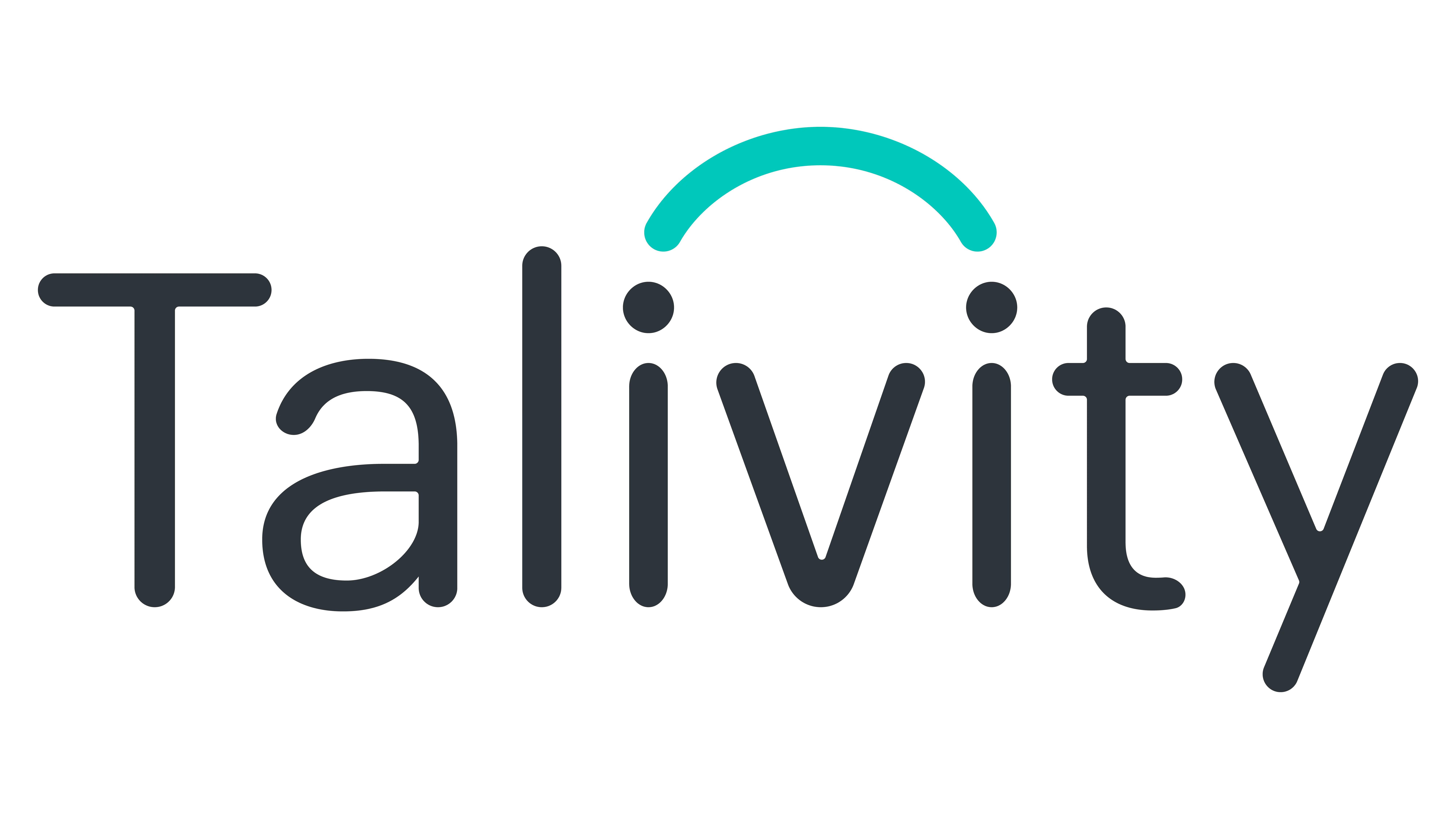Find the right solution for your business.
Explore SolutionsTo get the latest recruitment content like insights for the April 2024 Real Earnings Report delivered to your inbox, subscribe to our newsletter here. It’s free!
The April 2024 Consumer Price Index/Real Earnings Report has just been released and for the first time in a year, the real earnings of employees have dipped month to month. At a time when workers are seeing both record corporate profits and continually rising inflation, this drop highlights the urgent need for employers to reassess their compensation or benefits strategies to support their workforce effectively.
Read on to learn more about the April 2024 Consumer Price Index/Real Earnings Report and get actionable insights to help you navigate these trends and better connect with your employees.
Overview of 12-Month Real Earnings Trends
The inflation-adjusted hourly and weekly earnings for all employees have generally trended upward over the past year. However, compared to the inflation of CPI…
For all employees, real average hourly earnings remained mostly stable, peaking slightly at $11.11 in March before dropping for the first time in 12 months to $11.09 in April. Real average weekly earnings followed a similar pattern, ending at $380.56 in April.

Corporate profits may be skyrocketing, but that doesn’t mean every business is thriving. If offering more competitive compensation packages isn’t feasible, consider enhancing your company benefits. Improved benefits like flexible working hours, remote work options, and robust health and wellness programs can make a significant difference in attracting and retaining talent.
Transparency is also key. Be open with your employees about the financial realities and potential adjustments to compensation or benefits. Clear communication builds trust and helps maintain employee satisfaction and loyalty.
CPI-U and CPI-W
Despite the decrease in earnings, the Consumer Price Index shows no signs of stopping. The CPI for All Urban Consumers (CPI-U) and for Urban Wage Earners and Clerical Workers (CPI-W) have steadily risen over the past year, reflecting ongoing inflation pressures. The CPI-U increased from 302.00 in May 2023 to 313.207 in March 2024, before a slight dip in April. Similarly, the CPI-W shows a consistent upward trend.

These rising indexes highlight the growing cost of living that employees face. As prices for goods and services increase, the real value of wages diminishes, making it crucial for employers to consider these factors when evaluating their compensation strategies.
Acknowledge the rising cost of living in your salary negotiations. Competitive wages that reflect these economic realities will make your job offers more attractive.
Actionable Strategies for Talent Acquisition and Retention
Wage Adjustments
Given the slight decline in real earnings, it’s crucial to reassess your compensation packages. Workers are looking for wages that keep pace with inflation. Adjusting nominal wages might be necessary to stay competitive. However, compensation isn’t just about money.
Highlight the non-monetary benefits your company offers:
- Flexible Work Arrangements: Offer remote work options, flexible hours, or compressed workweeks. These perks can significantly improve work-life balance and job satisfaction.
- Career Development Opportunities: Invest in your employees’ growth. Provide training programs, mentorship, and clear career advancement paths. Workers value opportunities to develop their skills and progress in their careers.
- Wellness Programs: Support your employees’ health and well-being. Offer comprehensive health insurance, mental health resources, gym memberships, or wellness stipends. A healthy workforce is more productive and engaged.
These enhancements can make your compensation package more attractive, even if you can’t offer the highest salaries.
Sector-Specific Recruitment
Production and nonsupervisory employees have felt the impact of inflation more acutely. Tailoring your recruitment strategies to address their unique challenges and preferences is essential. Here are some targeted incentives and support measures to consider:
- Competitive Pay: Ensure your wages for these roles are competitive within the industry. Regularly review and adjust salaries to keep up with inflation and market standards.
- Retention Bonuses: Offer retention bonuses for long-term employees. This can reduce turnover and show appreciation for their loyalty.
- Shift Differentials: Provide additional pay for night shifts, weekend work or overtime. This acknowledges the demanding nature of these roles and compensates employees for the extra effort.
- Career Pathways: Create clear career pathways for production and nonsupervisory employees. Offer training programs and opportunities for advancement within the company. This can motivate employees to stay and grow with your organization.
- Enhanced Benefits: Provide robust benefits packages that include health insurance, retirement plans, and other perks. Consider additional benefits like transportation subsidies or meal allowances to further support these employees.
- Work Environment Improvements: Invest in improving the work environment. Ensure safe, clean, and comfortable working conditions. Providing necessary tools and equipment can enhance productivity and job satisfaction.
Addressing the specific needs of production and nonsupervisory employees will attract and retain talent more effectively, even in a challenging economic climate.
Transparency and Communication
Transparency and open communication about compensation policies are vital. Clear and honest dialogue about potential adjustments to address cost-of-living increases can build trust and improve employee retention and satisfaction. Here’s how to enhance transparency and communication:
- Regular Updates: Keep employees informed about financial health and compensation strategies. Regularly update them on how the company is addressing inflation and wage adjustments.
- Clear Compensation Policies: Clearly outline your compensation policies, including how wages are determined and when adjustments are made. Make this information easily accessible to all employees.
- Open Forums: Host regular meetings or town halls where employees can ask questions about their pay, benefits, and career progression. Encourage open dialogue and address concerns promptly.
- Feedback Channels: Establish channels for employees to provide feedback on compensation and benefits. Use this feedback to make informed decisions about future adjustments.
By maintaining transparency and open communication, you can create a more trusting and satisfied workforce. Employees appreciate knowing where they stand and how their financial well-being is being considered in the company’s plans.
The April 2024 Consumer Price Index/Real Earnings report should be a wake-up call for employers to reassess their compensation and benefits strategies in light of the ongoing economic challenges of their employees. By understanding the impact of inflation on real earnings and the unique needs of different employee groups, you can take proactive steps to attract, retain and support your top workers.
Embracing a multi-faceted approach that includes competitive wages, enhanced benefits, transparent communication and a focus on employee well-being can help businesses navigate these challenging times. Invest in your employees and demonstrate a genuine commitment to their financial and overall well-being. You can foster a more resilient, engaged and loyal workforce by result and position your organization for long-term success in the face of economic uncertainties.


